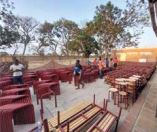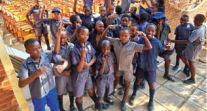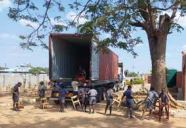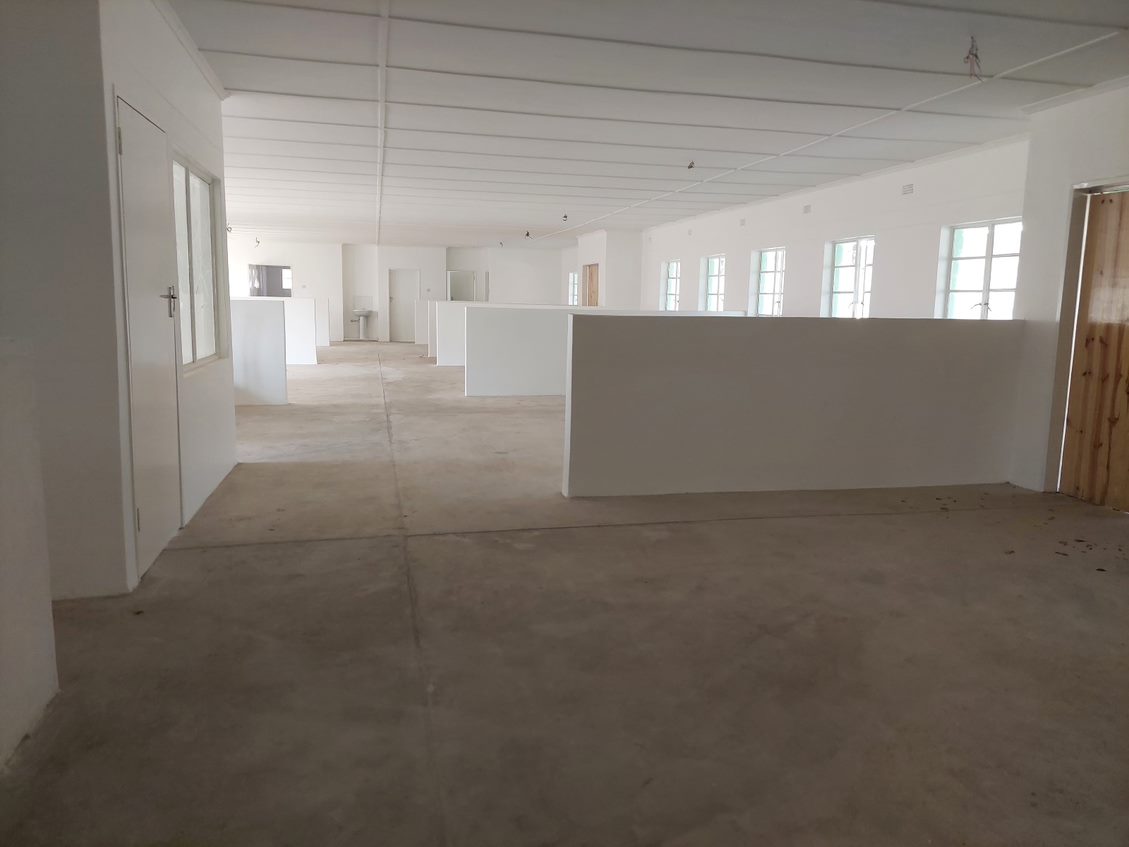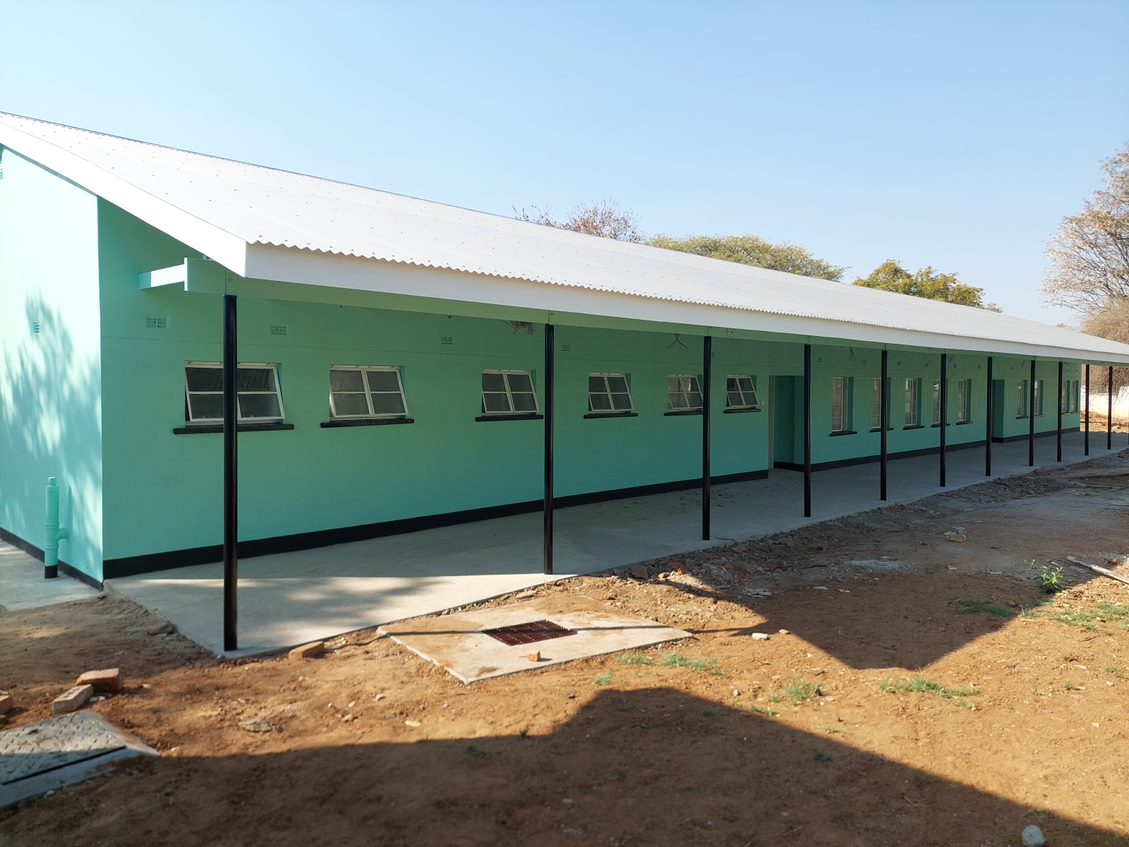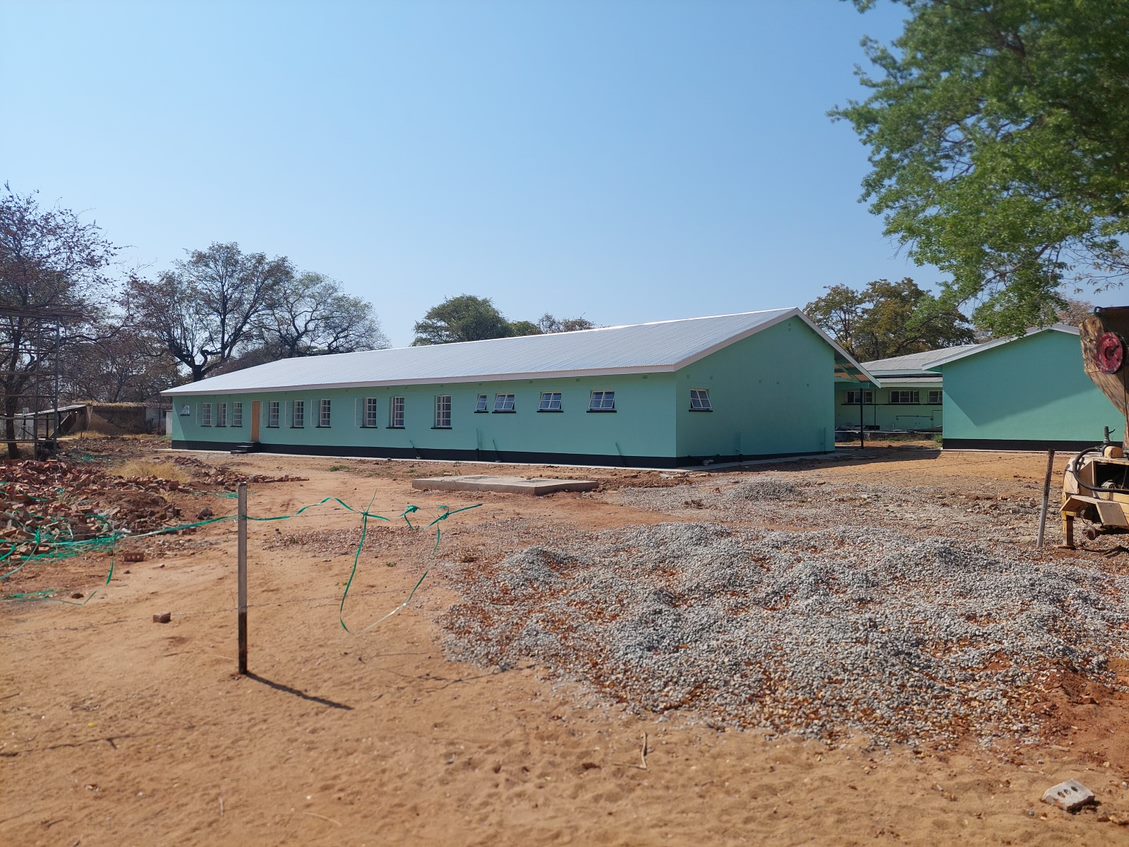Zimbabwe Mission Update January 2025
Maternity Ward at Mbuma
The new maternity ward, paid for by donations from our friends in Holland, is complete and will be opened shortly. The ward will have 4 delivery beds, 2 Caesarean beds, 24 ante and post-natal beds, 3 incubators, 4 toilet areas and 3 shower areas. The larger ward replaces a smaller facility that was overcrowded and without adequate washing facilities.
Mr Keith Mpata, Divinity Student
Mr Keith Mpata was successful in obtaining his UK Visa in September and was able to begin his second-year studies with the Rev A MacColl in Dingwall. He is expected to return to Zimbabwe towards the end February 2025, DV. It is our prayerful desire that he might be richly blessed in his studies.
Food Shortage
The failed harvest of 2023 / 2024 and a similar prospect for the 2024 / 2025 harvest continues to be a cause for concern. The official designation given to the present situation is that of a Food Crisis. This means that there is a lack of food causing malnutrition and that families are having to deplete essential livelihood assets such as their cattle to get by. This is stage three of a five stage scale with stage five being classed as Catastrophe / Famine. If the harvest fails in this coming year, then the situation will only grow worse. If the harvest is successful, it will still not be until at least April or May 2025 before things improve on the ground. The areas in which our Mission work is based are among those affected and deaths associated with malnutrition have been reported in these areas.
With the help of our Dutch friends of the Mbuma Zending Committee we have endeavoured to meet the needs of our own people and the school children under our care in Zimbabwe. The Mbuma Zending Committee has already donated towards our relief efforts, and assured us of their willingness to give more if required. A total of about £43,400 has been sent out in the past year to assist in general or congregational food relief, including £16,800 from Jewish and Foreign Mission Fund and £9,494.80 left over from our appeal in 2019, both of which reflect contributions from our people, directly and through congregations.
The actual amounts of money needed and the way that it is used is managed by a Committee of Mission Staff based in Zimbabwe itself. They have sought to meet immediate needs with the provision of foodstuffs as well as providing seed and fertilizer for future planting. There is also a programme in our five Primary Schools where pupils are given a regular meal during the school day. Much prayer is required in view of the need of suitable conditions for a good harvest in early 2025.
Bible Distribution and Translation Work
6000 Ndebele Bibles have been received by the Presbytery for distribution in the coming months.
The Publications Committee of the Zimbabwe Presbytery has now translated the book of sermons by the Rev Donald Macfarlane on the “Love of God” into both Ndebele and Shona.
Thembiso Former Residents Trust
According to the annual Thembiso Development Plan for 2020, the JFMC agreed to the setting up of a Thembiso Former Residents Trust (TFRT) to support those in the process of leaving or who have already left the care and oversight of the Home. The main areas of support would provide: (a) A measured financial assistance (in terms of amount and duration) for educational fees, clothing, travel, housing (either renting or assistance with construction) (b) Help with getting to and from church services (c) Regular social contact (d) Home visitations (e) Opportunities to visit former “family” members at Thembiso, partake in reunions, day trips.
As regular contact with the Thembiso Former Residents is maintained year by year, and relationships are strengthened and renewed, the value of the TFRT is evident. The level of input required to support such young people becomes more obvious when their mental, emotional, and moral resilience is tested in the life experiences they meet with after they leave Thembiso. The majority of those that the TFRT stay connected with, are showing the desire to stay connected with one another and the Trust members, especially face-to-face contact, something which is to be encouraged. It is hoped that in 2025, the Lord willing, the work of the
Thembiso Trust will continue to be effective and increase in usefulness among those for whom it has been set up. Members of the TFRT are conscious that it is only Divine power from above that can break the bands of iron which bind our young in the kingdom of darkness. The prayers of the readers of this Magazine are craved, that the Most High would prosper His Word in their souls, to His glory.

